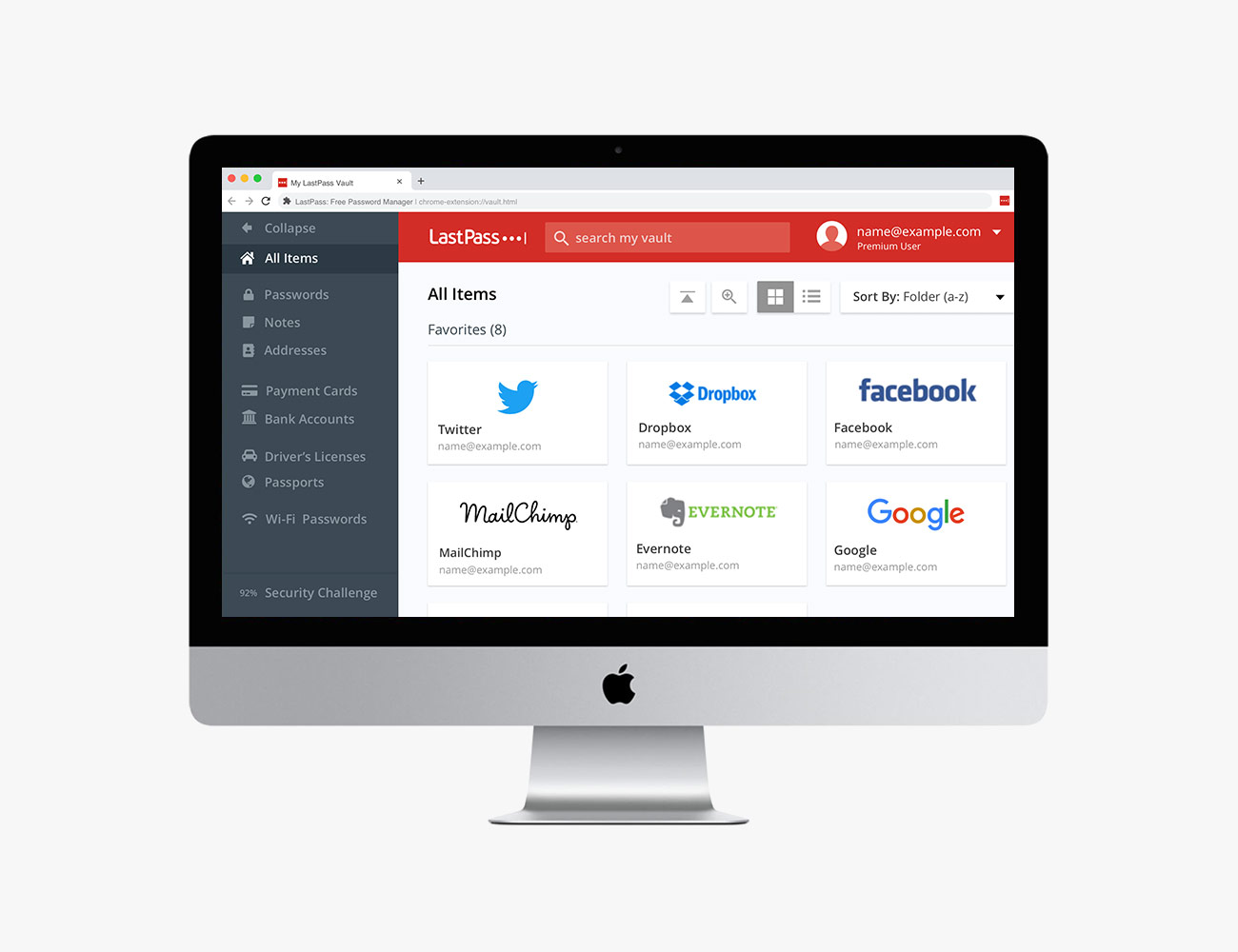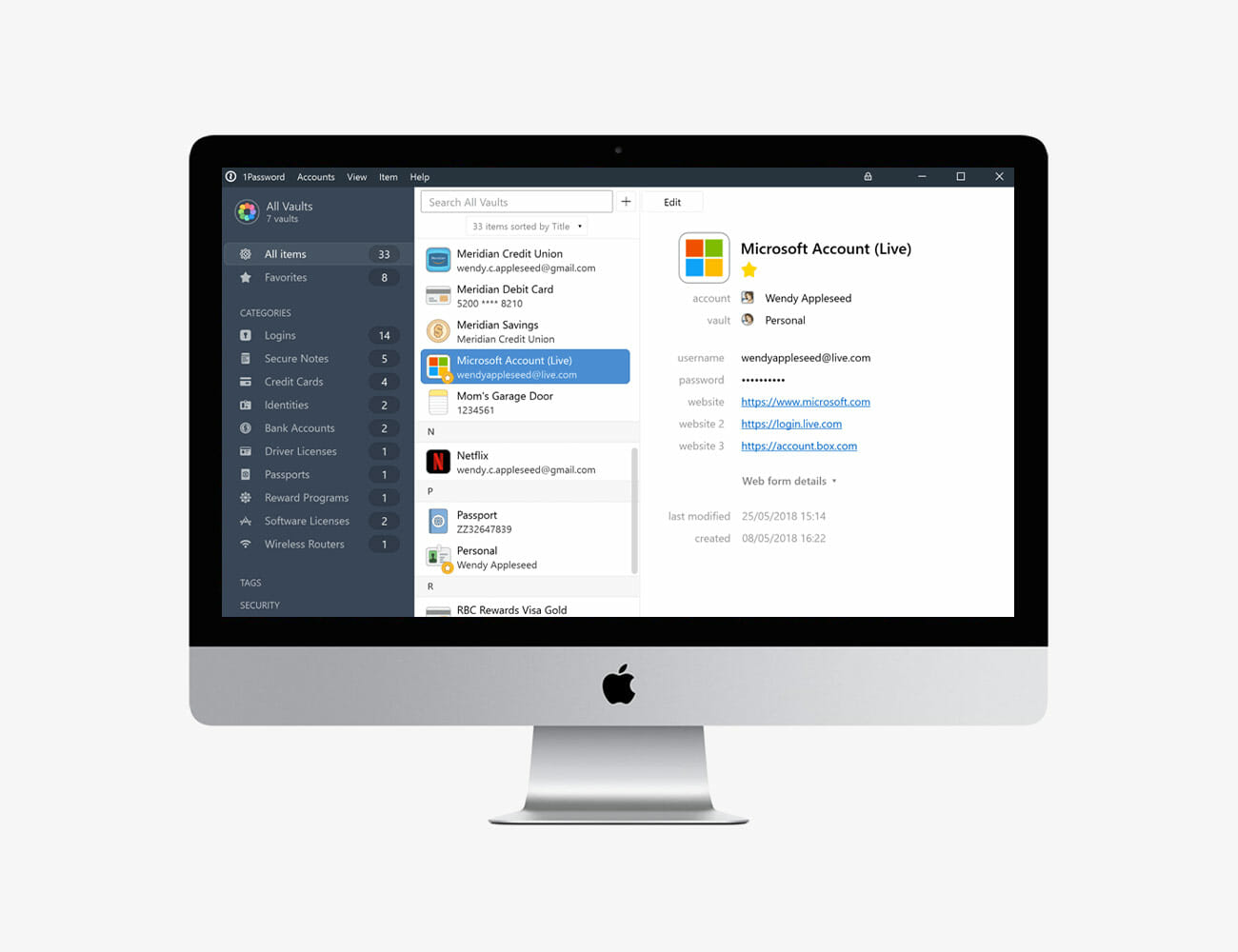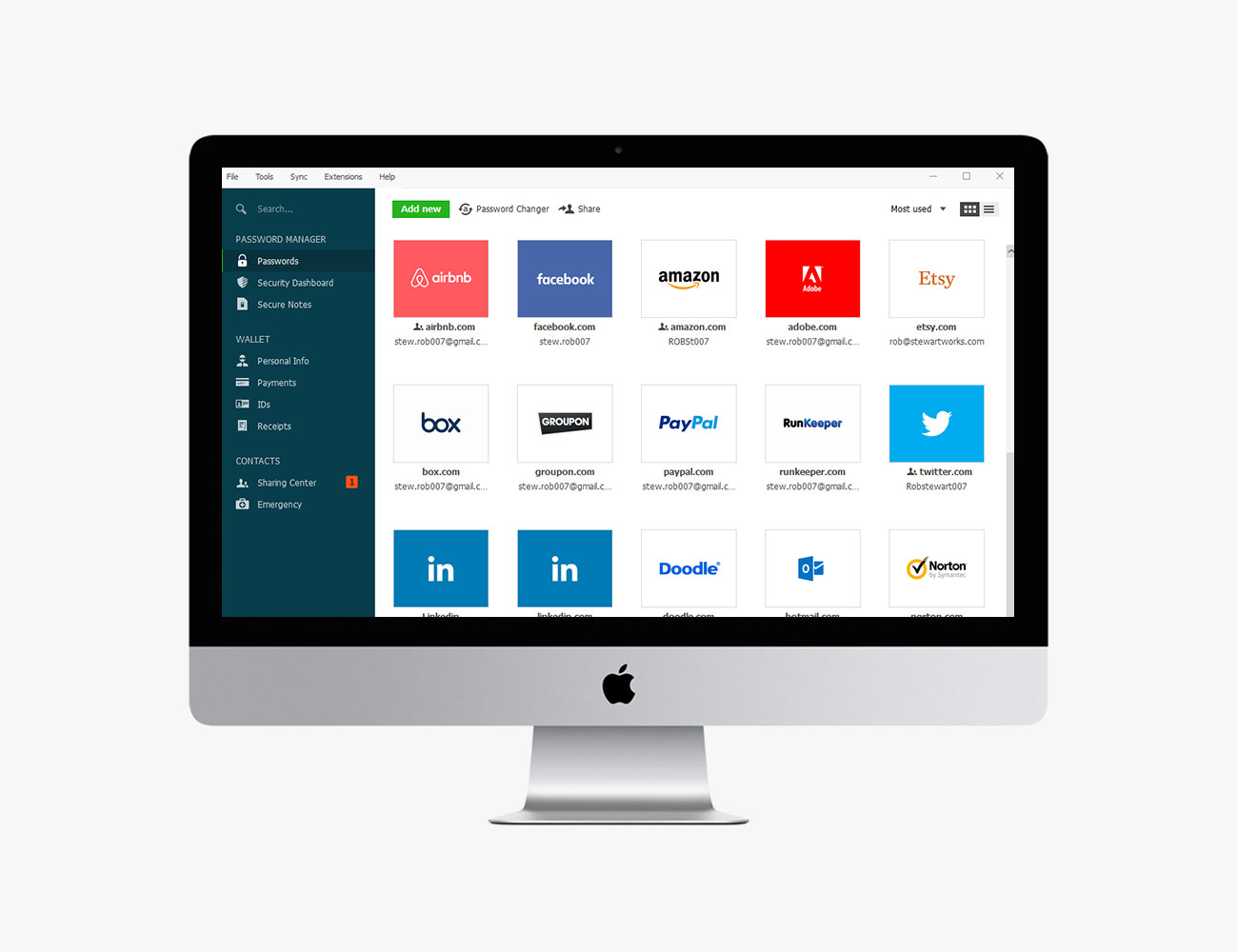If you’re not sure why password managers matter, imagine losing access to all your accounts. Or worse, access falling into the wrong hands. Your emails, your photos, your credit cards, your bank accounts, all of the logins that make up your digital life.
Writing down passwords on a notepad or, even worse, just using the same password for everything, may have served you well so far, but you’re playing with fire. And while built-in browser tools are getting better at managing (and suggesting) passwords themselves, a dedicated tool will almost always be a better bet. It’s built for the purpose, and it will work across all your devices and various browsers.
The job of all password managers is essentially the same. Chiefly, they remember the login credentials for your various accounts, but also autofill login forms and help you generate strong, unique passwords with ease. Access to this treasure trove of information is controlled by a master password, so you only need to remember one.
These apps are now available across all the various desktop and mobile platforms, offering support for two-factor authentication and various other protocols that add more layers of protection to guard against unauthorized entry to your key digital accounts. Many will also go the extra distance to help you manage credit card details, address information and anything else you need in a web browser but want to protect from prying eyes.
When it comes to making a choice of which app to settle down with, the good news is that almost all of them will treat you well. The main differences you’ll find when comparing password managers are the software interfaces, the pricing structures, and the various bonus features. The biggest decision is not so much which one to use but rather the choice to knuckle down and start taking your password security seriously before its too late.
LastPass
Notable for having one of the best free tiers in the business, LastPass is available on just about every device out there and compatible with all the popular apps and services. If you want a lot of features without having to pay anything, then it’s well worth considering.
Best Free Option
Price: Free, $3/month for premium
From: Lastpass.com
What We Like: The apps (including the web interface) are clear and clean, it’s possible to store a huge amount of information privately, and everything works smoothly. The family option is a welcome one as well, letting you share files and folders with family members and manage everyone’s passwords and private data through a single account dashboard.
What We Don’t Like: There are no major drawbacks to LastPass that we can see, though other services offer a broader range of extra features (for an extra price), including VPNs and additional identity theft protection. Overall, it’s a polished and reliable product.
1Password
1Password often scores highly in ‘best of’ lists of password managers, and it’s not difficult to see why: It takes care of managing all your passwords and private information with a user-friendly, intuitive approach that takes away all the stress and friction from logging in.
Best User Experience
Price: $3+/month
From: 1Password.com
What We Like: The design and interface of the apps is just about the best we’ve come across, jumping between devices is easy, it offers biometric protection (logging in with a face or fingerprint) across the board, and even audits the strength of your existing passwords for you. Categories and tags make organizing your saved data simple too.
What We Don’t Like: Perhaps the only downside to 1Password – which maybe isn’t a downside – is that there’s no free tier. There is a free 30-day trial, but you need to enter your card details right at the start. Apart from that, everything is really impressive.
Dashlane
Dashlane is hard to beat as far as password managers go, with top-quality apps across every platform, thoughtful features everywhere (like the ability to import passwords from your browser), and a bunch of (paid-for) extras like a VPN tool and an inbox scanner.
Best Premium Extras
Price: $3.33/month
From: dashlane.com
What We Like: Just about everything, from the elegance of the Dashlane apps to the way it just works in the background while you go about your business. It’s notable for the number of extras you get besides the basics of managing passwords and secure data, extras which include monitoring the dark web for any mentions of your passwords.
What We Don’t Like: It’s hard to pick any faults in Dashlane, which is a breeze to use across iOS, Android, macOS and Windows. It doesn’t offer quite as much as LastPass on the free tier though (users are limited to using Dashlane on just one device, for example).
Bitwarden
Perhaps Bitwarden’s biggest selling point is that it’s open source—your passwords stay protected and you’re using code that’s publicly developed and publicly available, improving transparency and security. Almost all the key features are available for free.
Honorable Mention
Price: Free, or $10/year
From: bitwarden.com
What We Like: It’s free to use across as many devices as you like, the premium level is the cheapest out there, and it does a straightforward job of managing your passwords and other data. Bitwarden is audited by independent security experts, lets you securely share passwords with other people, and can generate new, strong passwords for you too.
What We Don’t Like: It’s fair to say that Bitwarden doesn’t have the same level of polish and user-friendliness as the other password managers we’ve mentioned here, though it’s by no means difficult to use. Extras like VPNs and data breach warnings aren’t included.
So you want to build an entry-level smart home and you don’t want it to cost a fortune. Good news: that’s totally possible. Here are the reasons to choose Apple, Amazon, or Google, and the best entry-level devices to get you off the ground. Read the Guide










